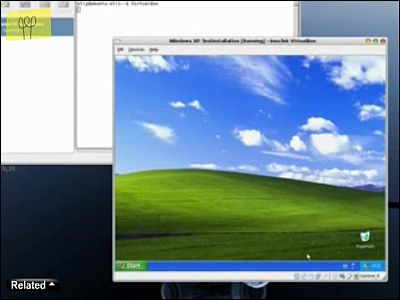

MemoryStream output = new MemoryStream() Outtempfilestr = File.OpenRead(outtempfile)


StreamReader stderr = proc.StandardError StreamReader stdout = proc.StandardOutput ProcessStartInfo pstart = new ProcessStartInfo("ffmpeg", string.Format("-i \"\" -v verbose -y -f wav -", tempfile)) However, when I call ffmpeg from C# with the following code: string tempfile = Path.GetTempFileName() įileStream tempfilestr = File.OpenWrite(tempfile) The file plays fine, and I can encode to WAV or any other format I like. Video:0kB audio:51kB subtitle:0 global headers:4kB muxing overhead 0.817473% Stream #0:0: Audio: vorbis, 44100 Hz, stereo, fltp Guessed Channel Layout for Input Stream #0.0 : stereoĭuration: 00:00:05.76, bitrate: 1411 kb/s max_analyze_duration 5000000 reached at 5015510 microseconds \sound1.wav -acodec libvorbis -f ogg abc.oggįfmpeg version 1.2 Copyright (c) 2000-2013 the FFmpeg developersĬonfiguration: -disable-encoder=vorbis -enable-libvorbis When I run ffmpeg directly from a shell (be it Cygwin's bash, PowerShell, cmd), ffmpeg can properly decode and reencode files without any issues: PS C:\audio> ffmpeg -i. However, I've hit a rather odd bug that doesn't make much sense. I'm attempting to use ffmpeg (compiled on Windows with Cygwin) in a C# program, by using the Process class to spawn an ffmpeg instance.


 0 kommentar(er)
0 kommentar(er)
